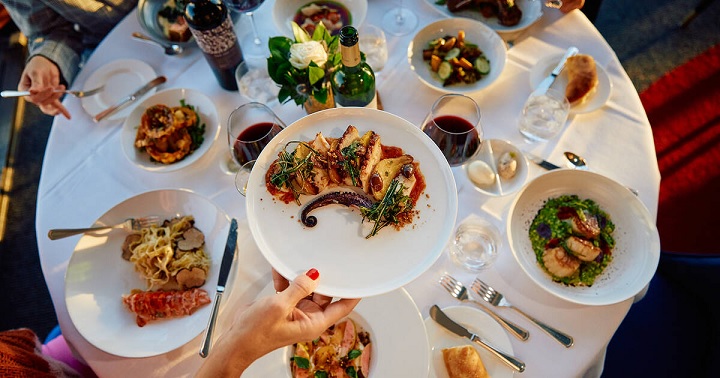Becoming More Professional in Your Home Kitchen: Essential Tips for Home Cooks and Entrepreneurs

Whether you’re a passionate home cook or running a home-based food business, elevating your kitchen practices to a professional level can significantly improve your culinary outcomes and operational efficiency. Here are essential tips to make your home kitchen more professional.
1. Organize Your Workspace
Efficient Layout: Arrange your kitchen to optimize workflow. Ensure that frequently used items are easy to get to. Group similar items together—such as spices, baking tools, and utensils—so you can find what you need quickly. A well-organized kitchen reduces preparation time and enhances efficiency.
Clean and Declutter: Maintain a clean and clutter-free workspace. Regularly clean countertops, appliances, and storage areas. A tidy kitchen not only looks professional but also minimizes the risk of cross-contamination and accidents.
2. Invest in Quality Equipment
Professional Tools: Invest in high-quality kitchen tools and appliances. Sharp knives, durable cookware, and reliable appliances can significantly improve your cooking process and outcomes. Professional-grade equipment may have a higher upfront cost but offers better performance and longevity.
Proper Maintenance: Regularly maintain your equipment to ensure it stays in good working condition. This includes sharpening knives, descaling coffee machines, and servicing appliances. Well-maintained equipment is safer to use and performs more efficiently.
3. Adopt Efficient Techniques
Mise en Place: Adopt the professional practice of mise en place, which means “everything in its place.” Prepare and measure your ingredients before you start cooking. This approach ensures that you have everything you need and allows you to focus on the cooking process, reducing stress and mistakes.
Batch Cooking: When possible, prepare ingredients in batches. This is especially useful for items like stocks, sauces, and prep work that can be done in advance. Batch cooking saves time and ensures consistency in your dishes.
4. Focus on Food Safety
Hygiene Standards: Adhere to strict hygiene practices. Wash your hands thoroughly and use separate cutting boards to prevent cross-contamination. Regularly sanitize surfaces and utensils.
Proper Storage: Store food at appropriate temperatures to prevent spoilage and contamination. Label and date all items in your refrigerator and pantry. Use the First-In, First-Out (FIFO) method to ensure older items are used first, reducing waste and maintaining freshness.
5. Professional Attire
Appropriate Clothing: Wear professional kitchen attire, such as aprons used in commercial kitchens, chef’s jackets, and non-slip shoes. Professional clothing not only protects you but also gets you in the right mindset for cooking.
Personal Hygiene: Maintain high personal hygiene standards. Keep your hair tied back, trim your nails, and avoid wearing jewelry while cooking. Personal hygiene is essential for professionalism.
6. Professional Presentation
Plating Techniques: Pay attention to how you plate your dishes. Use professional techniques such as layering, garnishing, and considering color contrast to make your dishes visually appealing.
Consistent Portions: Ensure consistent portion sizes. This is particularly important for a home-based food business, as it ensures customers receive the same quantity and quality with every order. Use measuring tools to achieve consistency.
7. Improve Your Skills
Continuous Learning: Regularly update your culinary skills and knowledge. Take online courses, attend workshops, or watch instructional videos to learn new techniques and trends. Continuous learning keeps you motivated and enhances your culinary repertoire.
Feedback and Adaptation: Seek feedback from family, friends, or customers. Constructive criticism can show you how you can improve your dishes and services. Be open to suggestions and willing to adapt your methods.
Conclusion
Transforming your home kitchen into a more professional environment requires organization, investment in quality tools, efficient techniques, strict food safety practices, professional presentation, continuous skill improvement, and appropriate attire. Adopting these strategies can enhance your culinary skills, maintain high food safety standards, and create a more efficient and enjoyable cooking experience. Whether for personal growth or business success, professionalizing your home kitchen is a worthwhile endeavor that offers significant benefits.











